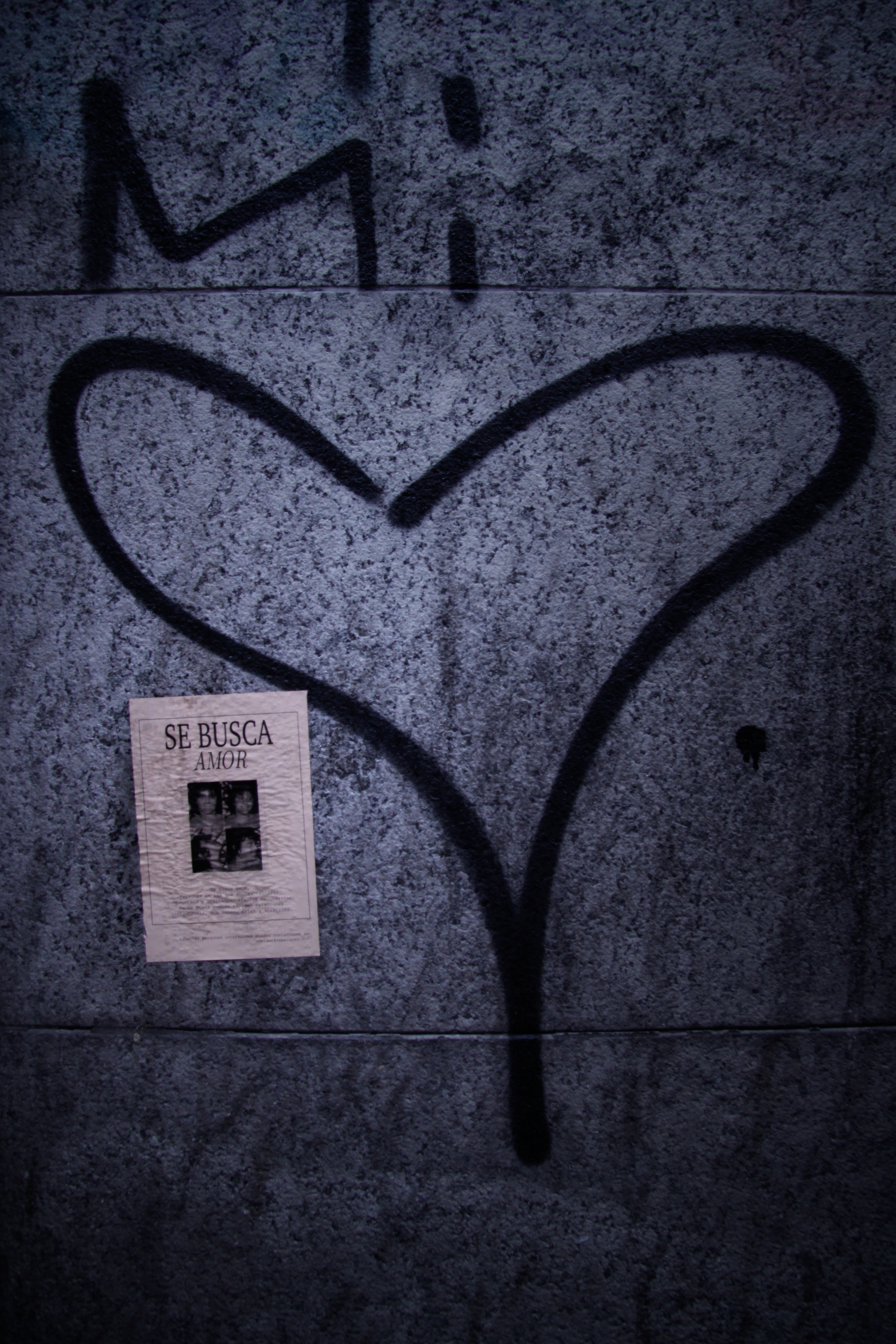 Hello, my friend! Welcome to the first day back in the real world. Maybe you won’t read this until this afternoon, or tomorrow. I hope that’s the case. I hope today you are sleeping late, taking care of your body, spending time with friends. I hope you haven’t had to push right back into the world of work, smartphones, data points, or commuting schedules.
Hello, my friend! Welcome to the first day back in the real world. Maybe you won’t read this until this afternoon, or tomorrow. I hope that’s the case. I hope today you are sleeping late, taking care of your body, spending time with friends. I hope you haven’t had to push right back into the world of work, smartphones, data points, or commuting schedules.
It’s late morning and I, as one of your trainers, am still outside my usual routine. I am drained, overly full of human interaction, and missing you. After five days sequestered together, today we begin to drop back into our real worlds — we begin the process of integrating what and who we found and became during the training into our other life. I use “we” deliberately here — this is true for the trainers, too; we are changed through our interactions with you, the conversations and questions, the opportunities and invitations to examine our certainties, our points of view, and open just a little bit more deeply into this AWA method that threads itself through our hearts.
We spent five days — four of them nearly morning til after dark — discussing this writing group method that Pat Schneider developed, the one that each of us had already fallen in love with, that had already held most of us as writers, and opened a space for our own new and risky writing. You wanted to learn about holding that sort of space as a facilitator. This weekend we talked history and philosophy, craft and oppression, trauma and voice, poetry and creation. We experienced what is still a revolutionary idea: that it’s possible to invite and even teach writing outside of that traditional MFA/Iowa Workshop model, that good and powerful writing can emerge outside the mindset of competition and ruthless criticism. We talked about and then practice this method that has such a simple structure: Continue reading

